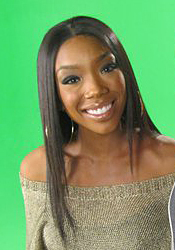Brandy is an alcoholic beverage made by wine distillation.

Timmy is a masculine name, a short form of Timothy or Tim. This variation is popular as a nickname and is commonly used when someone is young, but it is also used in adulthood. It is a version of the Greek name Τιμόθεος (Timόtheos) meaning "one who honours God," from τιμή "honour" and θεός "god."
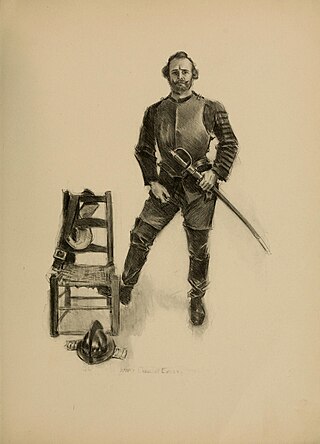
Miles or Myles is a Norman French masculine given name. Initially, it performed as a diminutive form of Slavic two -part names with a Miło- particle - e.g. Miłobrat, Miłogost, Miłosław. From the 19th century it has been performing alone. During time, it was influenced by miles, the Latin word for a soldier. Milo, the variant of the name used most often during the medieval era, might also have been influenced by the Slavic ending word element -mil, meaning gracious. Myles is a variant spelling in English. In Ireland, the name was used as an English substitute for Irish language names such as Maolra, or Maolmhuire, both meaning devoted to Mary, Maolmhorda, meaning servant of the great, and Maolruanaí, meaning servant of the champion. Development of the name might also have been influenced by the Persian name Mylas, meaning brave. The original name of Miles, an Orthodox Christian saint, was Mylas. The name has been in regular use in the Anglosphere since the 1500s. It was popularized in England by Myles Coverdale, who produced the first complete printed translation of the Bible into English in 1535. In the United States, the name became well-known due to Myles Standish, a soldier who arrived on Plymouth Rock on the Mayflower with the Pilgrims in 1620. American poet Henry Wadsworth Longfellow wrote a popular 1858 poem, The Courtship of Miles Standish, in which the fictionalized Standish is rejected by Priscilla Mullins, who chooses John Alden as her husband instead. Miles and Myles were both more commonly used in the United States than in the United Kingdom by the 1800s due to usage by Irish immigrants to the United States and the influence of Miles Standish. There was an increase in usage from the mid- to late 20th century associated with jazz instrumentalist Miles Davis and with the popularity of fictional characters such as Star Trek character Miles O'Brien, Myles Mitchell, a character on the 1990s American television series Moesha, Miles Edgeworth, a character from the Ace Attorney video game franchise, and fictional Marvel Comics superhero Miles Morales.

Tristan, Tristram or Tristen is a given name derived from Welsh drust, influenced by the French word triste and Welsh/Cornish/Breton trist, both of which mean "bold" or "sad", "sorrowful".
Ashley is a given name which was originally an Old English surname. It is derived from the Old English (Anglo-Saxon) words æsċ (ash) and lēah and translates to "Dweller near the ash tree meadow".

Shaun is an Anglicized spelling of the Irish name Seán. Alternative spellings include Shawn, Sean, and Shawne.

Jacqueline is a given name, the French feminine form of Jacques, also commonly used in the English-speaking world. Older forms and variant spellings were sometimes given to men.
Vivian is a given name, and less often a surname, derived from a Latin name of the Roman Empire period, masculine Vivianus and feminine Viviana, which survived into modern use because it is the name of two early Christian female martyrs as well as of a male saint and bishop.
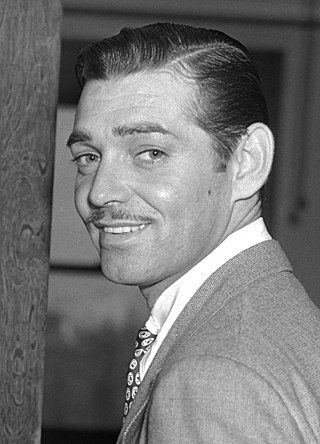
Clark or Clarke is a given name, a transferred use of the English occupational surname derived from the Latin word clericus, meaning clerk. The name has been in use as a given name in the Anglosphere since the 1600s.

Miranda is a feminine given name of Latin origin, meaning "worthy of admiration", deriving the feminine name from the Latin word mirandus. Although it existed as a surname prior, held by, for example, Giovanni Miranda and Juan Carreño de Miranda, William Shakespeare originated use of the name as a forename for a character in his play The Tempest. In the play, the character is addressed as “Admired Miranda! Indeed the top of admiration! Worth what’s dearest to the world!” People named their daughters after the Shakespearean character beginning in the 1700s. The name was more popular in the United States than elsewhere in the Anglosphere, possibly due to its similarity in sound to Amanda, a name also more common for American girls by the 1800s. The name declined in use after 1900 but was revived in the United Kingdom due to the popularity of the 1948 British fantasy film Miranda about a mermaid named Miranda. The name also increased in usage in the United States when the film began airing on television there in the 1950s. Other media influences also increased usage of the name through the early 2000s. The name has recently declined in usage in the United States due to negative associations with the satirical character Miranda Sings.

Hazel is a primarily female given name meaning "hazel", from the name of the tree or the color. It is derived from the Old English hæsel. It became a popular name in English-speaking countries during the 19th century, along with other names of plants or trees used for girls.
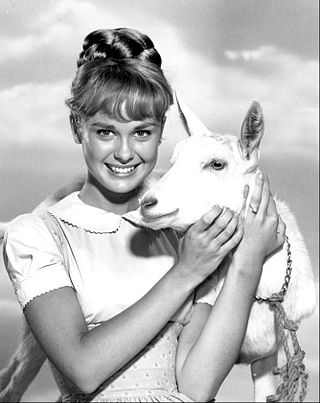
Tammy is a feminine given name. It can be a short form of the names Tamsin, Thomasina, Thomasin, or Tamar, Tamara or other names starting with Tam. Tamsin, Thomasina, and Thomasin are feminine versions of the name Thomas, a Greek form of the Aramaic name Te'oma, meaning twin. Tamara is a Russian form of the Hebrew name Tamar, which means "palm tree". In Israel "Tami" (תמי) is commonly used as an abbreviation of the original Hebrew name.

Kennedy is a unisex given name in the English language. The name is an Anglicised form of a masculine given name in the Irish language.
Kara is both a given name and a surname with various, unrelated origins in various cultures. As an English name, it is a spelling variant of the Italian endearment cara, meaning beloved, or the Irish word cara, meaning friend, or a hypocorism for the name Caroline. It was popularized in the 20th century by the DC Comics superheroine Kara Zor-El.
Lainey is a usually feminine given name or nickname with multiple origins and multiple spelling variants. In the Anglosphere it originated as a short form of different names, including Helen and its variants Helena and Helene, as well as names such as Magdelena and Delaney, a surname that was in use for girls in the Southern United States as a given name as early as the 1850s. In some instances, Lainey and its spelling variants were used as short forms of the name Elaine, which is an Old French form of the name Helen used for a character in the 15th Century Arthurian romance Le Morte d’Arthur by Thomas Malory. However, the name Elaine was popularized in the Anglosphere by its use by Alfred, Lord Tennyson for a character in his 1859 Arthurian romance Idylls of the King. The name Lainey has been popularized by the fame of television and movie characters and celebrities, most recently by American country western music singer Lainey Wilson. Other well-used spelling variants include Laney, Lainie, and Lanie.
Shawn is a unisex given name, an anglicized spelling of the Irish name Seán. Alternate spellings include Shawne, Shaun, Shon and Sean.
Clarke is a given name that is a transferred use of the surname Clarke. It has been in use as a given name since the 1600s. Usage of the name Clark and its spelling variant Clarke have been influenced by well-known figures such as Clark Gable Usage for girls was influenced by the characters Clarke Betancourt, a character in the 1990 film Mo' Better Blues and later by Clarke Griffin, a character in the television series The 100, which premiered in 2014.
Reagan is a unisex given name, a transferred use of the Irish surnames Regan and Reagan, which are Anglicized forms of Ó Riagáin, meaning ‘’descendant of Riagáin’’, a name of uncertain meaning..
Nova is a given name of Latin origin meaning "new".
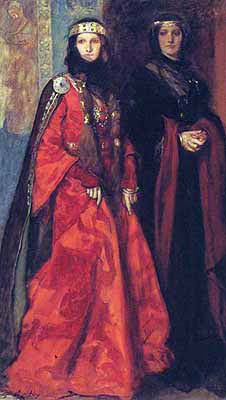
Regan is a unisex given name with multiple origins. It is a transferred use of the Irish surnames Regan and Reagan, which are Anglicized forms of Ó Riagáin, meaning ‘’descendant of Riagáin’’, a name of uncertain meaning. It might also be associated with the Irish language word ríogan, meaning queen. Use for girls was influenced by a character in William Shakespeare’s tragic play King Lear. Regan was more commonly used for males in the Anglosphere in the 1800s. It came into occasional use for girls in the United States in the late 1940s. Usage of the name for American girls doubled after it was used for a character in the 1973 American supernatural horror film The Exorcist. The name was ranked among the top 1,000 names for American girls for the first time in 1974. Along with Reagan, the name dropped in popularity during the presidency of United States president Ronald Reagan in the 1980s, when it was out of fashion to name children after presidents. The names Regan and Reagan, along with phonetic spelling variants such as Raegan and Raygan, all increased in use during the 1990s and remain in regular use for both boys and girls. In some instances, the name might have been seen as a less popular alternative to the name Megan.
